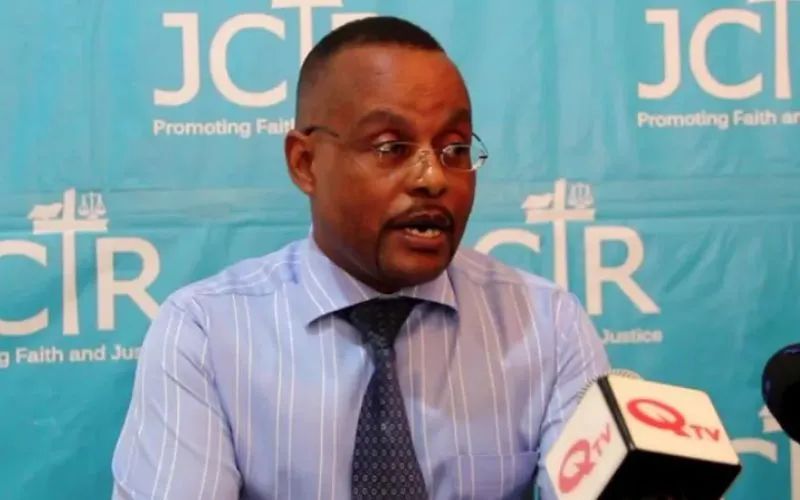Lusaka, 23 January, 2024 / 4:05 pm (ACI Africa).
Taking strategies to empower the rural populations in view of stemming rural-urban migration can help address the recurring challenge of cholera in Zambia, a member of the Society of Jesus (Jesuits) in the Southern African nation has said.
Zambia is fighting “a major” outbreak of cholera that has resulted in the death of over 400 people and more than 10,000 infected, a situation that has led to learning institutions remaining closed after the end-of-year holidays, according to AP.
“A large soccer stadium in the capital city (Lusaka) has been converted into a treatment facility,” the January 18 AP report indicates.
In a Monday, January 22 statement, the Executive Director of the Jesuit Centre for Theological Reflection (JCTR) emphasizes the need for change of behavior in the management of solid waste, especially in Zambia’s capital city, where he says hygiene practices have to be fostered if cholera is to be prevented.
Zambia’s government needs to “revisit the Kenneth Kaunda era ‘Back to the Land’ campaign by establishing new industries (centers of excellence) in the rural areas where the natural resources and raw materials are located to stem rapid urbanization,” says Fr. Alex Muyebe.








